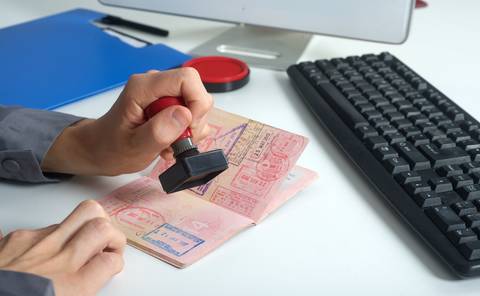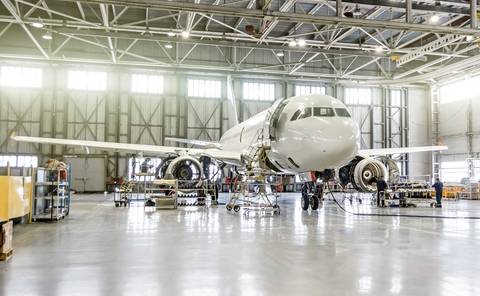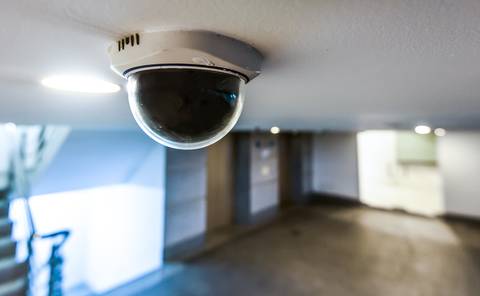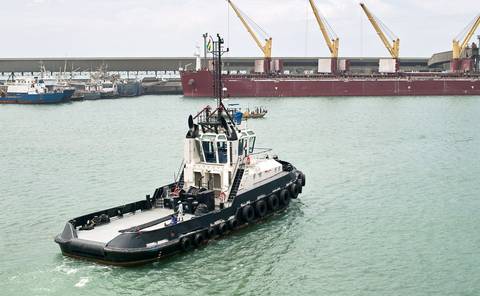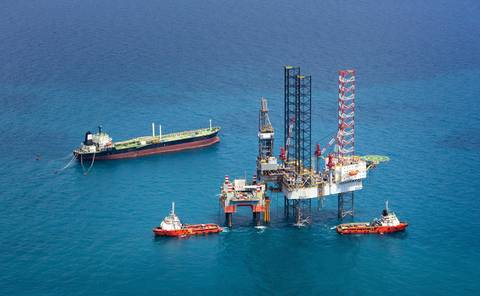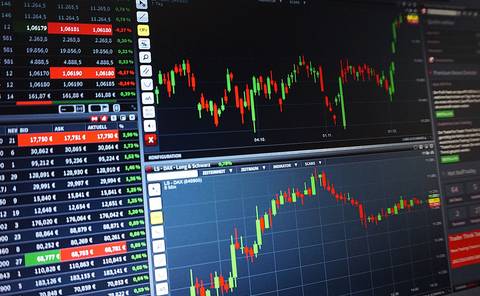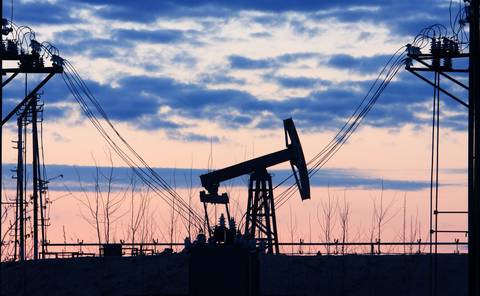Democratic Republic of Congo
Overview
The Democratic Republic of the Congo, commonly referred to as the DRC, is a country in central Africa with a small length of Atlantic coastline. Established as a Belgian colony in 1908, the then-Republic of the Congo gained its independence in 1960, but its early years were marred by political and social instability. DRC is the third largest country (by area) in Africa. The name "Congo" refers to the river Congo, also known as the river Zaire. Though it is located in the Central African UN sub region, the nation is economically and regionally affiliated with Southern Africa as a member of the Southern African Development Community (SADC).
Economy
The economy of the Democratic Republic of the Congo (DRC) - a nation endowed with vast natural resource wealth - is slowly recovering after decades of decline. Systemic corruption since independence in 1960, combined with country-wide instability and conflict that began in the mid-90s has dramatically reduced national output and government revenue and increased external debt. With the installation of a transitional government in 2003 after peace accords, economic conditions slowly began to improve as the transitional government reopened relations with international financial institutions and international donors, and President Kabila began implementing reforms. Progress has been slow to reach the interior of the country although clear changes are evident in Kinshasa and Lubumbashi. An uncertain legal framework, corruption, and a lack of transparency in government policy are long-term problems for the mining sector and for the economy as a whole. Much economic activity still occurs in the informal sector and is not reflected in GDP data. Renewed activity in the mining sector, the source of most export income, has boosted Kinshasa's fiscal position and GDP growth in recent years.
For further information please contact us:


